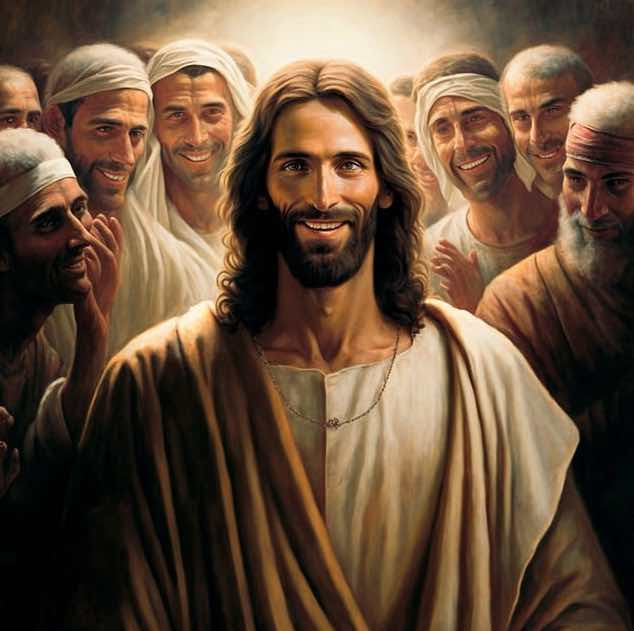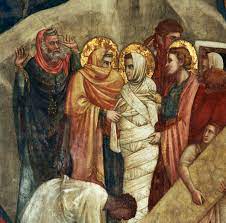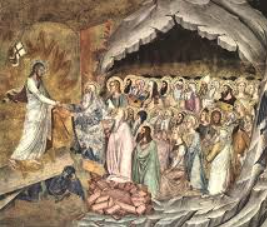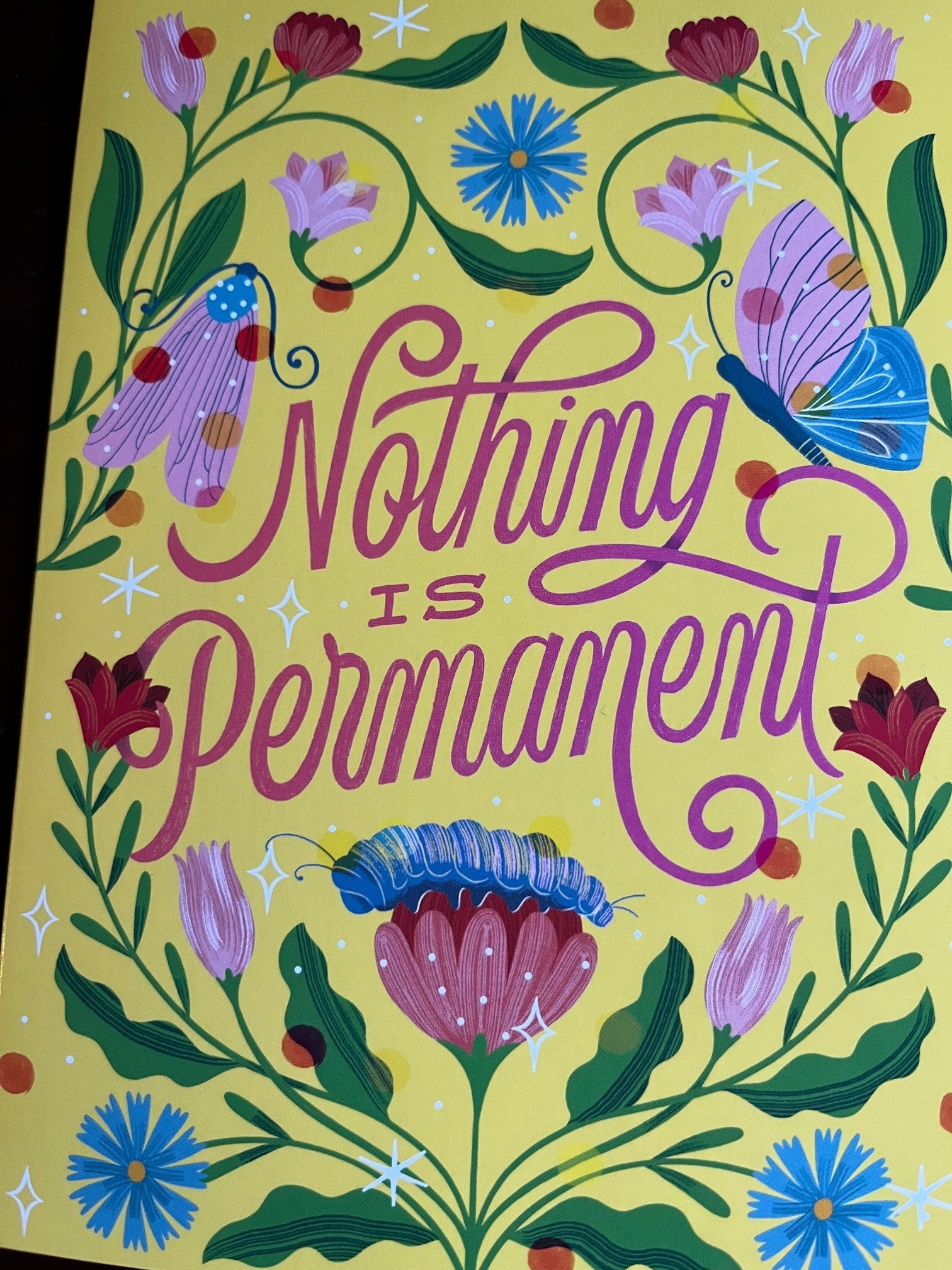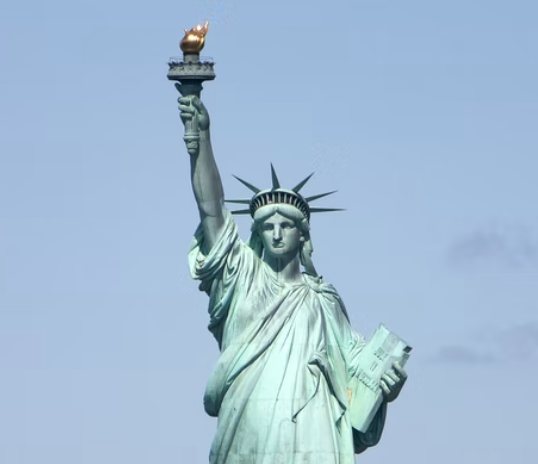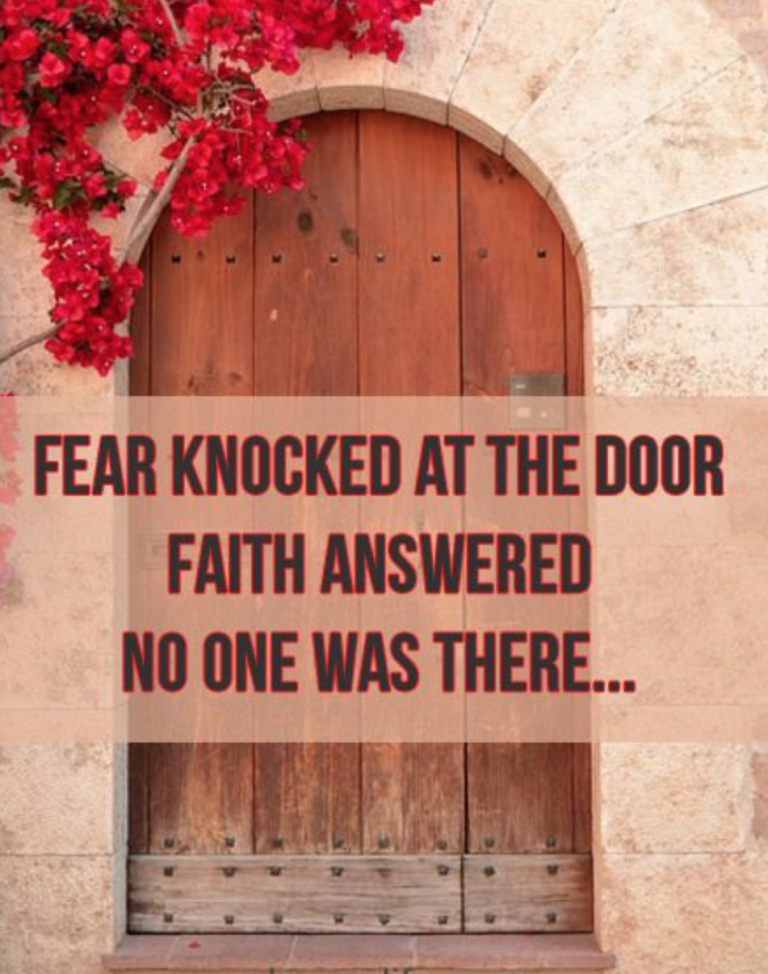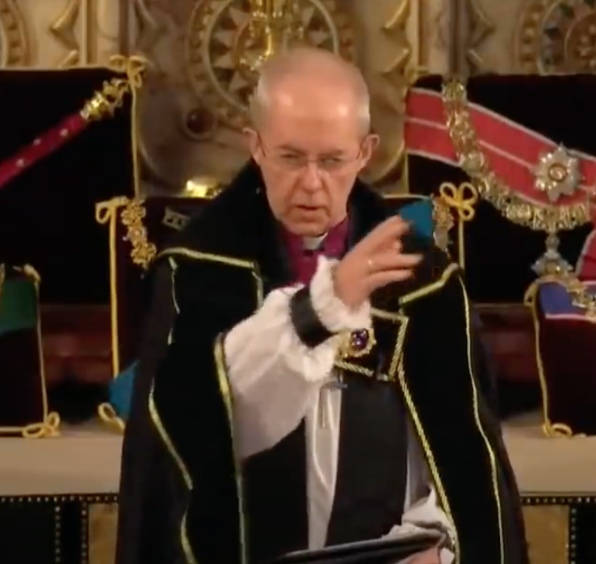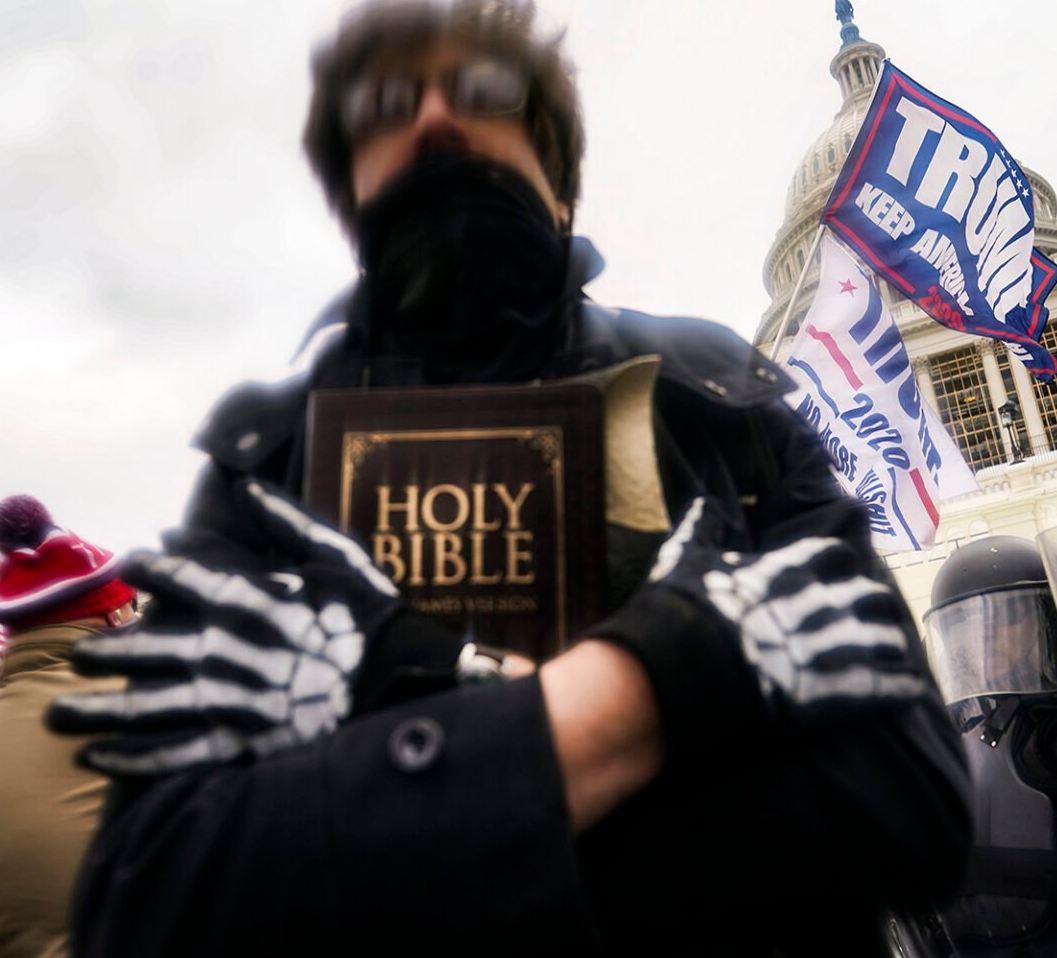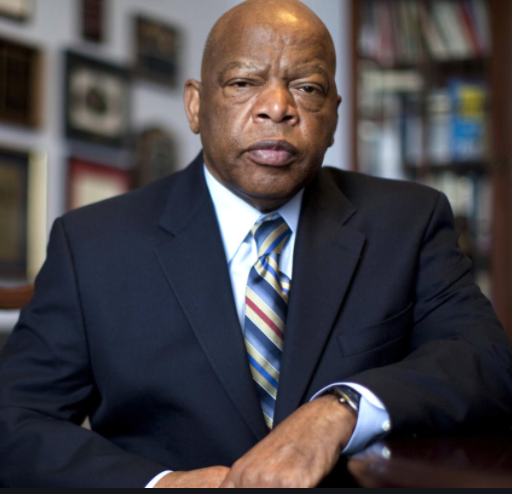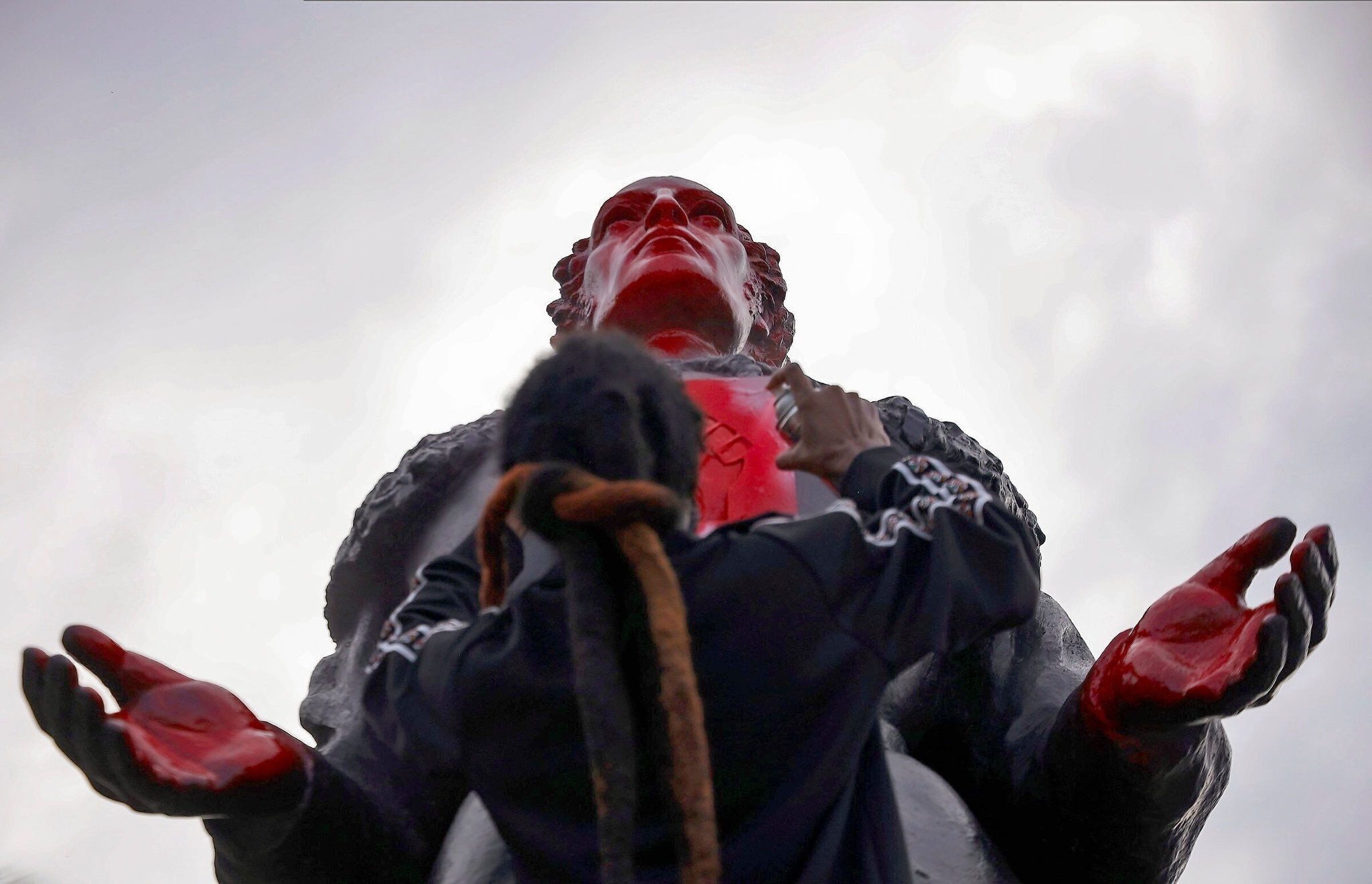For context to the comments to follow, it is suggested one read Matthew 13. Verses 1-8 are deemed to likely be attributable to the historical Jesus; while verses 18-23 are an interpretation and application by Matthew’s early church community.
Jesus’ “Revolutionary” Teachings
In the context of the Christian faith tradition — is the “good news” that one might assert to be at the heart of the gospel message just too idealistic for what we might be able to instead empirically see happening all around us on a daily basis?
As I’m writing this commentary, the news is filled with chatter about another anniversary observance of January sixth. It’s not about the liturgical religious observance known as the Epiphany, of course; but the third-year anniversary of those days surrounding the political insurrection in our nation’s Capital.
Decades ago, I wrote a blessing prayer for this season that began with a reference to nothing but a flicker of hope in “the fading glory of these autumn days, when night creeps early on to darkness; and leaves us, bound in shadows, longing for the light.” And yet, it remains that flicker of hope that I want to write about.
At the heart of the Christian tradition, we say there is “faith (πίστις, ‘pistis’ Gr. - trust), hope (ἐλπίς, Gr. elpis = meaning expectation, in a positive sense), and love ( ἀγάπη Gr. ‘agapé’ ‘love’ or φιλανθρωπία Gr. ‘caritas’ = charity).
A recent essay by a contemporary theologian I respect, David Galston, recently began with this observation: “One of the struggles that defines our humanity is the struggle over facts and opinions.”
When all is said and done, what then are we to make of the mythic tale of Jesus’ death and resurrection, metaphorically told to convey what all of us might like to assert to be the “gospel truth?”
It is stories like this one that reminds me that a living Jesus — Jesus the optimistic contrarian — still walks among us in many guises; to tell and retell those human tales of how to truly live, with hope for this world.
I believe the “treasure in heaven” to which Jesus refers is a harvest to be planted and reaped from the dust of earth; with Jesus’ vision of a heaven on earth being the seed to be sown in the field of impermanence.
So, if thoughts and prayers (of petition or intercession) cannot produce any salvific change when uttered to an imagined divine – who for anyone with eyes to see, or ears to hear is too deaf, indifferent or impotent to intercede — then with whom can we bargain, or utter any plea for help?
Even 150 years ago, it would appear the question of how much freedom was too much freedom was a debate with which our forebears had to wrestle. Their assertions were based on their divergent understandings of what the notion of freedom accorded them under our national constitution.
“He (Jesus) knew what they were thinking and said to them, ‘Every kingdom divided against itself is laid waste, and no city or house divided against itself will stand.”Mt. 12:25
One Progressive's Response to a Culture of Gun Violence
The lack of reasonable restrictions when it comes to guns is rooted in their obvious appeal; leading to their preponderance in staggering numbers in a culture that allows utter unreasonableness to pose under the guise of “protection of freedom” and individual rights. That’s why we will not simply legislate our way out of this one through reasonable debate, a half-baked compromise, or a better argument. As a society, we love our guns, and what they represent.
Periodically, it is helpful to remember that belief and faith are not the same thing. Every group of mortals seems to inevitably gather around a particular set of beliefs; presumably based on the values they hold to be the most meaningful to them, or of greatest importance.
When asked in later years how I received my calling to ordained ministry, I used to joke that the burning bush for me was an incinerated draft card. But with a last name like ‘Bennison,’ (an old English word for ‘blessing,’ or ‘benediction)’ and the first name John (from the Greek"Ἰωάννης" or Hebrew "Yôḥānān" meaning ‘graced by God)’ what else was I to do with my life?
In this new year – just when we thought things couldn’t get any worse -- something dark and revelatory already happened on that day. Thousands of insurrectionists stormed the Capitol; wielding clubs, and bats, and – in one instance – a Bible.
Jesus is, in fact, no longer the reason for the season. But the reason this is so extends far beyond the cultural and commercial contamination of a quaint old tale.
From the Greek word, hypocritis, the hypocrite is a ‘play actor.’ While misfortune is befalling us on a massive scale these days, true tragedy is the result of the hypocrite who has the choice to decide to act otherwise.
In Remembrance: Growing up the son of an Alabama sharecropper, John Lewis practiced preaching to the chickens; from whence he clearly developed his oratorical style. He matured and went on to devote a lifetime of service as the “conscience” of the Congress; often preaching, as it were, to a flock of chickens of another sort. But this time with a calmer, constant, steady and unwavering voice.
Along comes the dispute over the monuments of famous historical figures now considered worthy by some of being knocked off their high horses. It is a reminder for us all to reconsider just who, or what, each of us believes is of such monumental importance and value that we would elevate it to a place of prominence. For those who would follow claim to be followers of a Jesus figure of our own understanding, one might do well to reflect on whatever “divine” attribute one might accord such a revered figure.
As reactions to racial inequities have boiled over once again in recent days, the question is now repeatedly asked whether or not our country has at long last reached a tipping point? For those of us who are persons of white privilege, we are not guilty for the sins of our forebears, but we are responsible. We can’t change the past, but we can take hold of the present, and – for the sake of our national fabric that is so tattered and torn -- amend our lives and our social order, going forward. How?
We are living these days under what feels like house arrest, as we observe "social distancing." That's an oxymoron, if there ever was one. Human beings are soft-wired – if not hardwired – to be together. Nowadays, the kindest thing we can do for each other is to keep our distance.
"Truth matters. Truth matters. If truth doesn't matter, we are lost. We are lost." And so, the obvious question is this: If truth matters – above and beyond the facts of the matter – what is truth?
In these dark and dreary days each year, our world turns to celebrate another Christmas holiday. Some may do so out of the sheer need to escape, if only for a fleeting while; grasping, once again, at a thin belief in some divine intervention into the human story, with the birth of a savior king. Deeply powerful rituals and traditions are dragged out of the attic and observed; going through the motions for yet another year. Others, however, like myself, may repeat some of the rituals to simply reaffirm one's belief in the rebirth of "hope".


